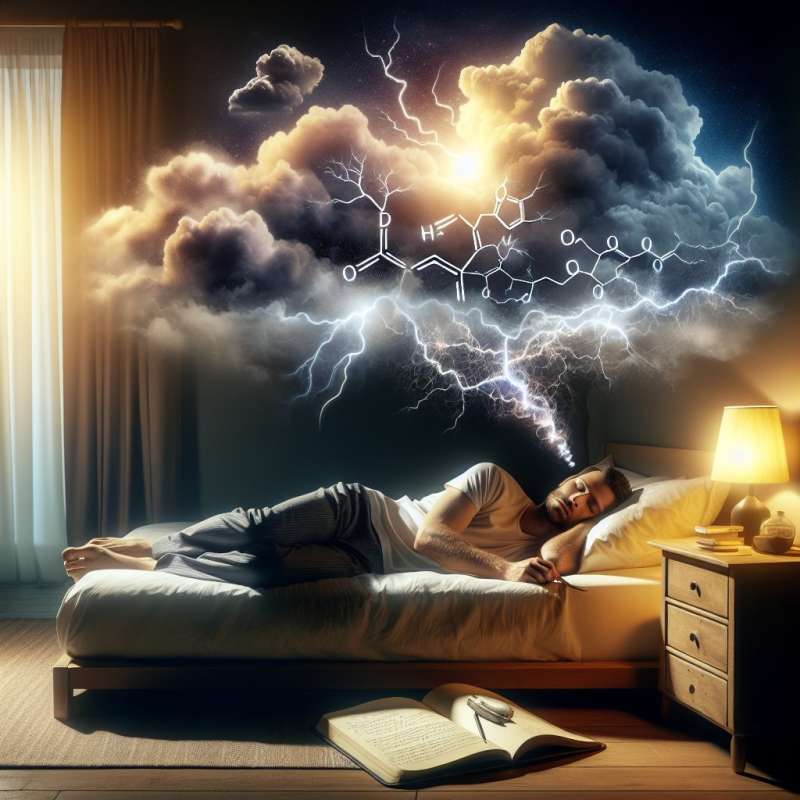
Understanding Stress Biology
Stress activates the body's 'fight or flight' response, releasing cortisol. Prolonged exposure to cortisol disrupts sleep patterns, which can lead to chronic sleep deprivation and associated health risks.
Sleep, Stress, and Health
Lack of sleep impairs the prefrontal cortex, heightening stress perception. Chronic sleep deprivation can lead to issues like heart disease, obesity, and depression, all of which can further disrupt sleep.
REM Sleep and Stress Relief
REM sleep, the dream phase, is crucial for emotional processing. Stress can reduce REM sleep duration, limiting the ability to mitigate daily emotional stressors, leading to heightened anxiety levels.
Stress Hormones Affect Dreams
Increased stress hormones can lead to more intense and frequent nightmares. These vivid dreams can disrupt sleep, causing a vicious cycle of elevated stress and decreased sleep quality.
Sleep Deprivation and Cortisol
Sleep loss elevates cortisol levels the following evening, making it harder to fall asleep. This can create a cyclical pattern of stress and insomnia, exacerbating mental and physical health issues.
Stress Management for Better Sleep
Practices such as mindfulness meditation, regular exercise, and cognitive-behavioral therapy can effectively manage stress, promote relaxation, and improve sleep quality, breaking the cycle of stress-insomnia.
Napping: A Double-Edged Sword
Strategic napping can decrease cortisol levels, but long or frequent naps can disrupt nighttime sleep patterns. A short, early afternoon nap is most beneficial for stress relief without affecting nightly sleep.
What activates 'fight or flight'?
Cortisol release onset
REM sleep phases
Mindfulness meditation
Company